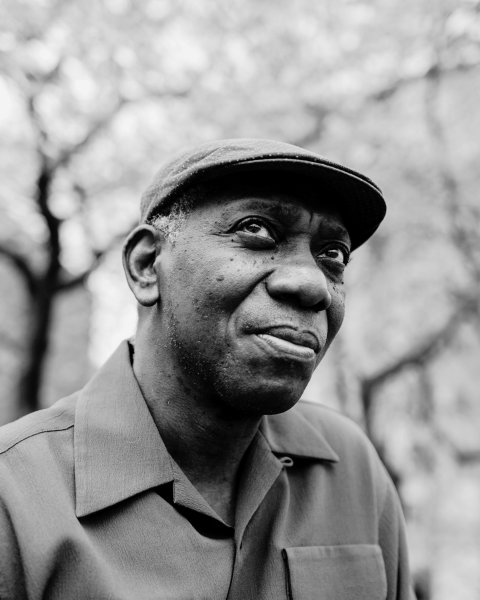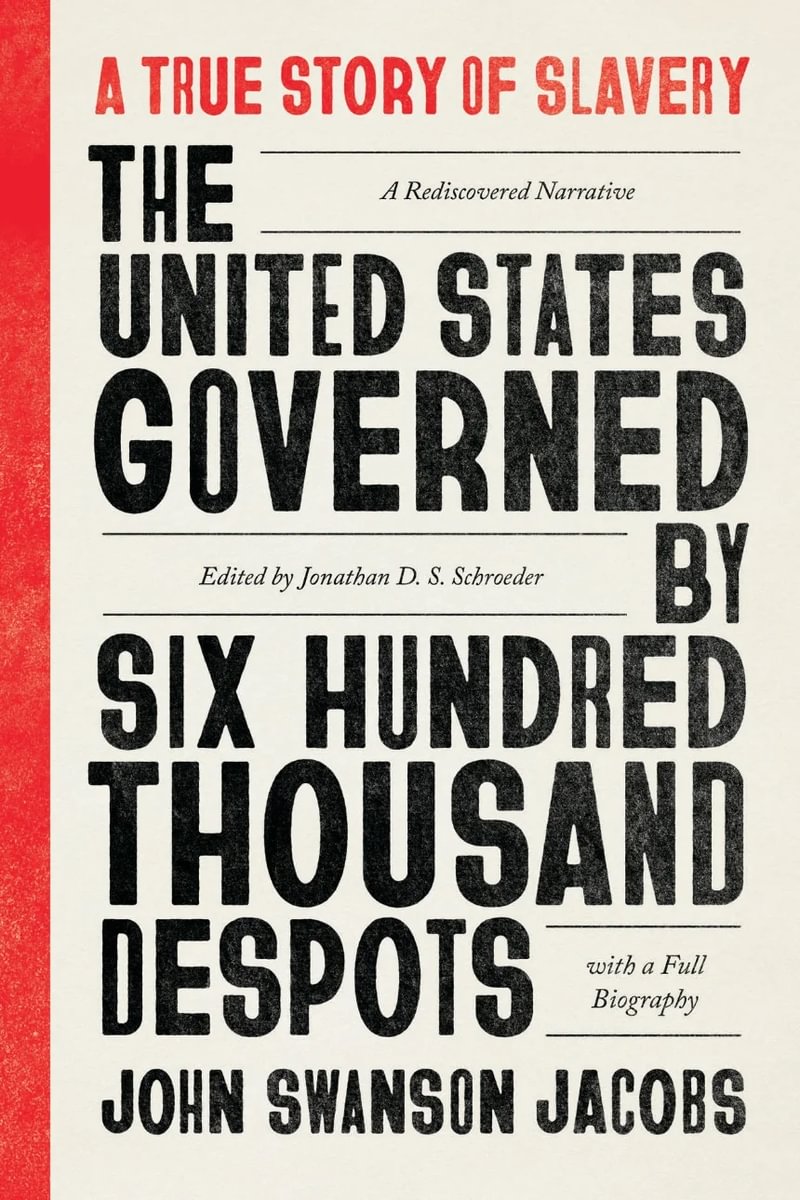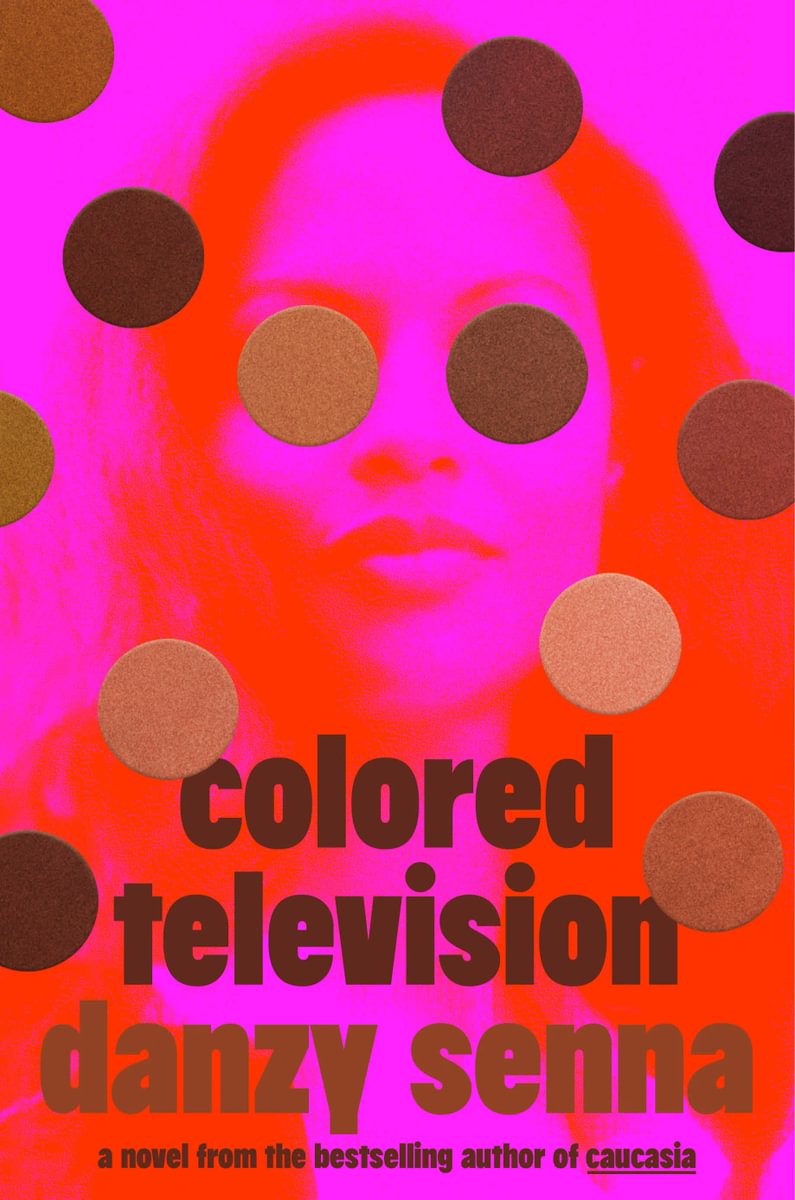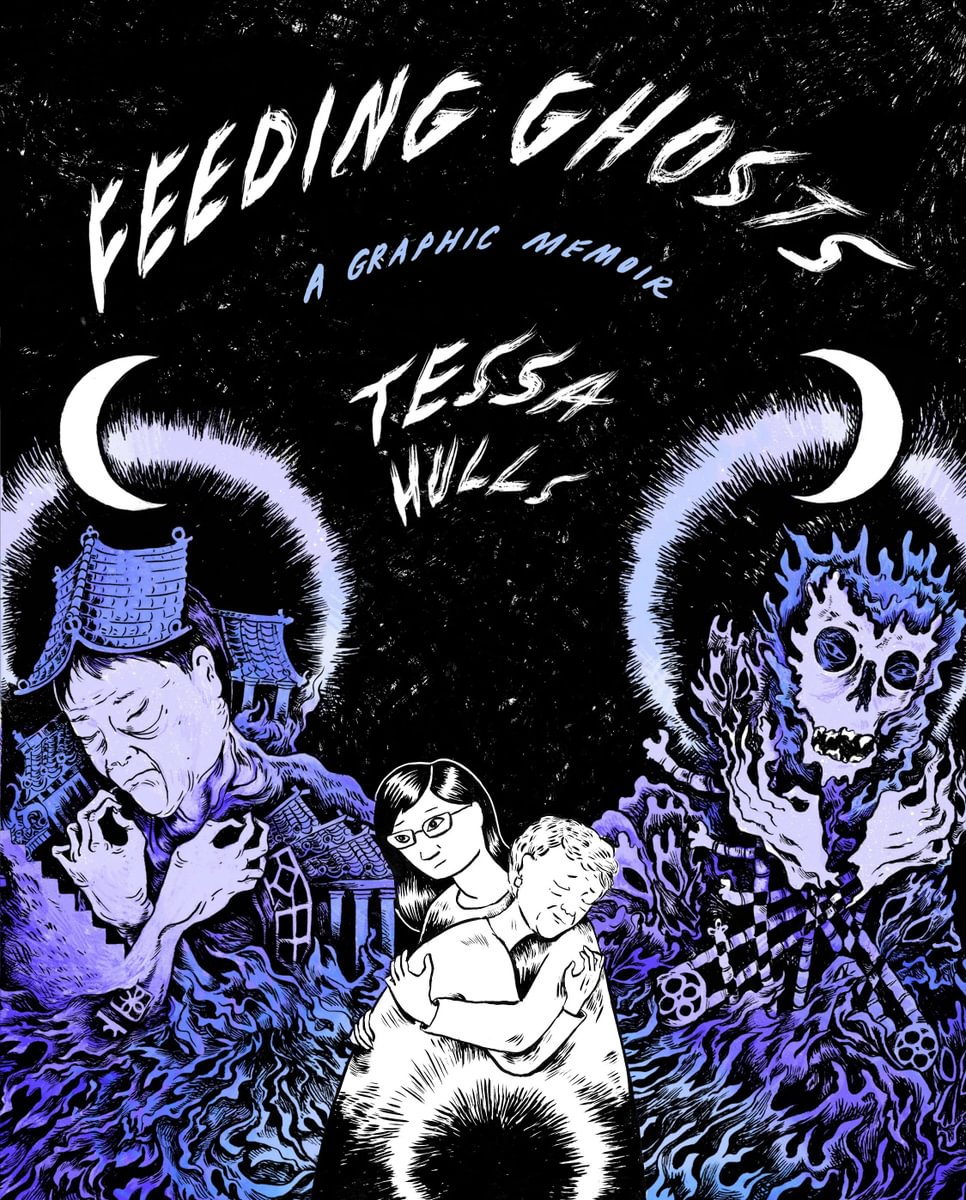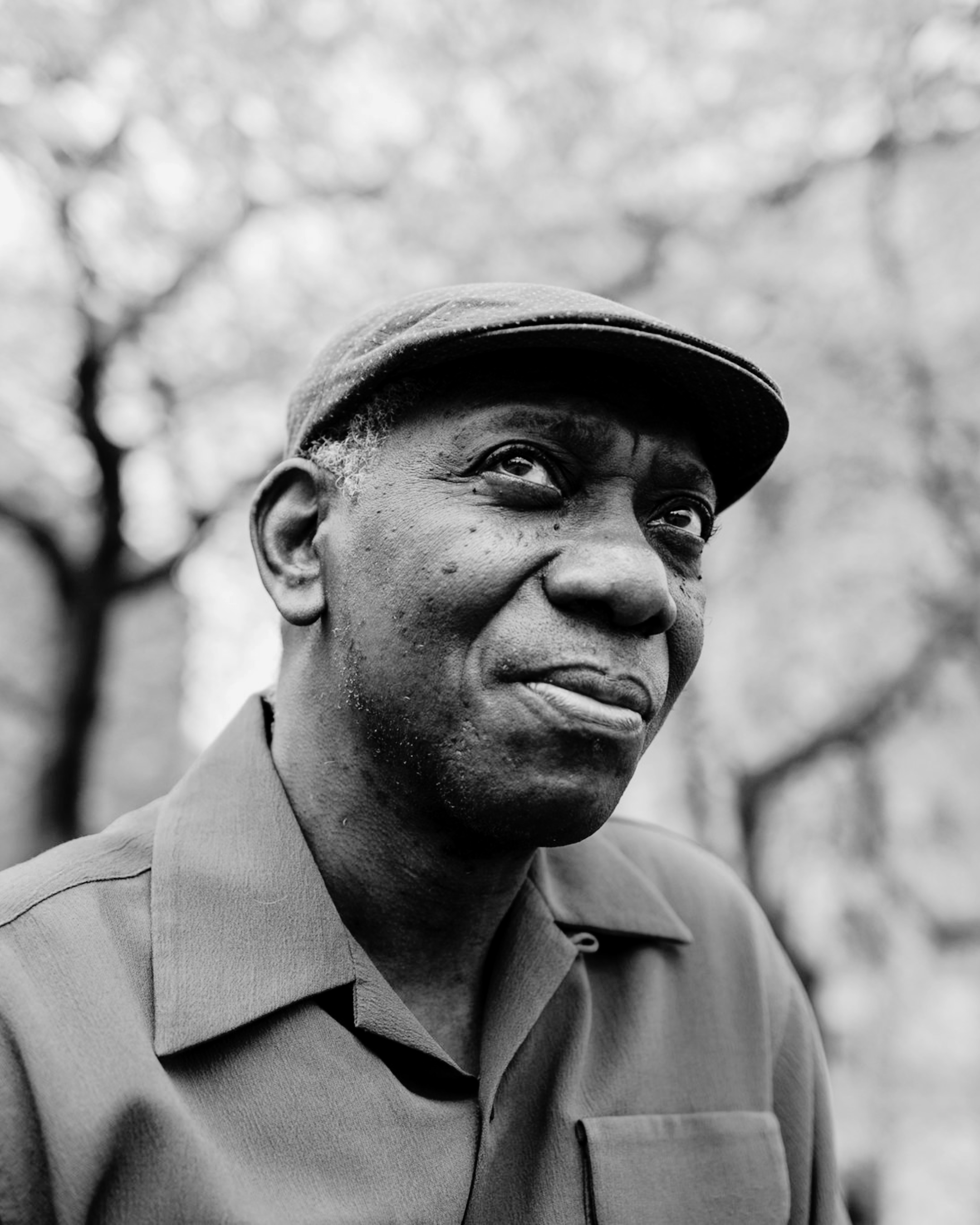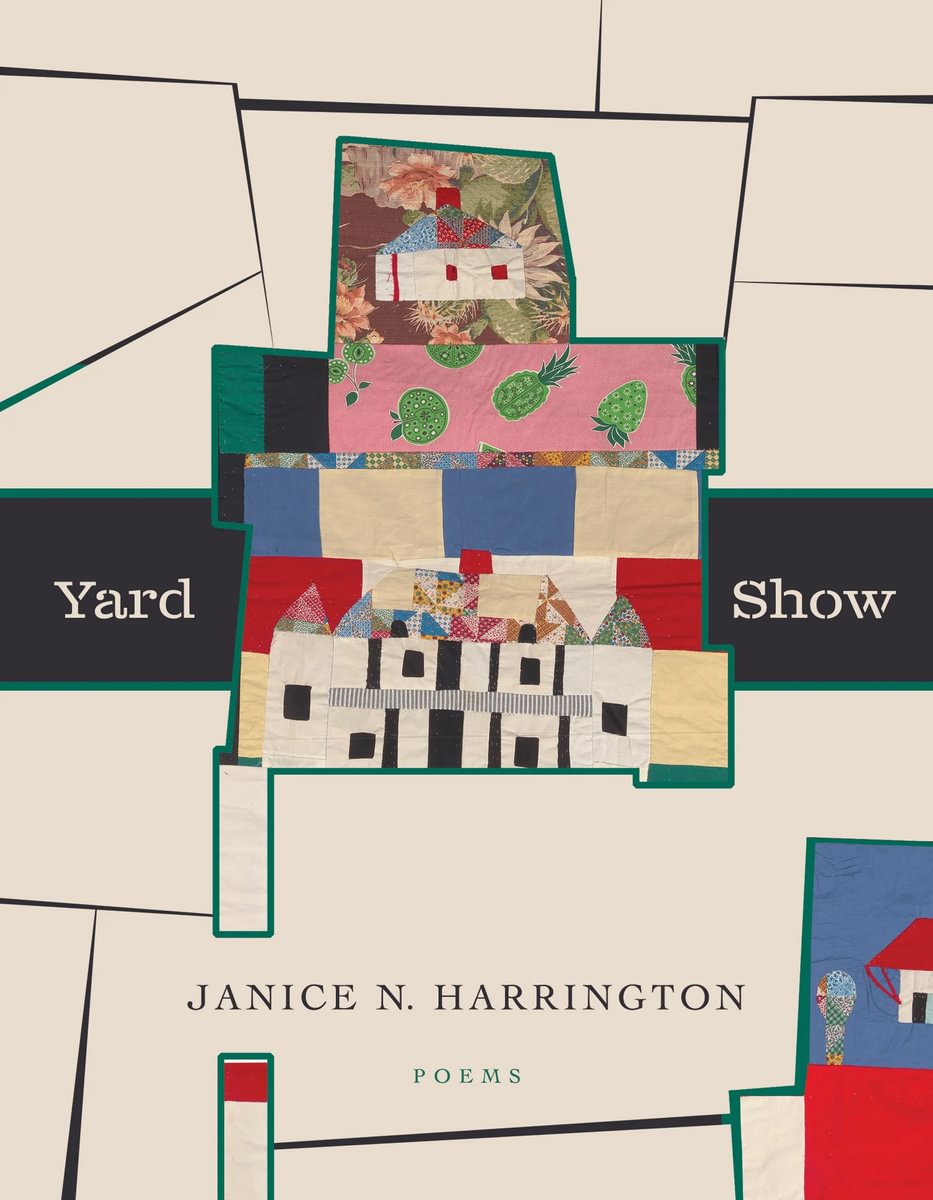The winner of this year’s Lifetime Achievement Award goes to one of the most prolific poets of the 21st century, Yusef Komunyakaa. Yusef Komunyakaa’s contributions over half a century have not only shaped the literary landscape but have altered how we view the world.
Yusef Komunyakaa was born in 1947 in Bogalusa, Louisiana, where he spent his earliest days wandering around the lush landscape of the ‘magic city’ of his childhood. His curiosity about the terrain shaped his psyche and set him on the course to become a poet. Komunyakaa writes, “The place called The Green Empire has reigned underneath everything: its numerous birds and trees, sages and rabbit tobacco, water moccasins and tadpoles, mudpuppies and spiders, its chasm between the rich and poor, and etcetera a thousand times over. What we have taken in shimmers up through extended possibility.”
It is no wonder Komunyakaa’s decades-long prolific poetry career continues to shimmer with that same careful observation and profound discovery he began harnessing in his youth. Komunyakaa grew up the son of an illiterate carpenter in the rural, segregated South and came of age during the beginnings of the Civil Rights Movement. One of his most anthologized and taught pieces, “Venus’s-flytraps,” showcases the textures and tensions that resided in Bogalusa, as well as the ever-present questioning that would propel Komunyakaa to return to the page. Komunyakaa writes:
I am five,
Wading out into deep
Sunny grass,
Unmindful of snakes
& yellowjackets, out
To the yellow flowers
Quivering in sluggish heat.
Don’t mess with me
‘Cause I have my Lone Ranger
Six-shooter. I can hurt
You with questions
Like silver bullets.
In 1969, Komunyakaa would serve in the US Army as a correspondent during the Vietnam War, and his work as Managing Editor of the Southern Cross earned him a Bronze Star. With every intent to come home and write a series of urgent political essays, Yusef instead found the rhythm of poetry guiding him to the page. While his early works Copacetic and I Apologize for the Eyes in My Head were critically received, it would take him several years to craft his seminal text, Dien Cai Dau (1988).
Consistently described as one of the best books of literature about the Vietnam War, Dien Cai Dau explores African American soldiers in battle with many poems suspended in the present tense. Speaking on its influence, the poet William Matthews remarked, “The best writing we’ve had from the long war in Vietnam has been prose so far. Yusef Komunyakaa’s Dien Cai Dau changes that.”
The writing of the book began while Komunyakaa was renovating a house in New Orleans. Komunyakaa placed a notebook at the bottom of the ladder he was working on. When a line would appear in his mind, he would descend the ladder to transcribe his thoughts. Komunyakaa writes, “But working on that house on Piety Street in August, the heat, the dust, and all that—momentarily, I was back in Vietnam. I just found myself writing lines down, and before I knew it, I’d written a poem. I’d written three poems, you know! And…I kept writing them.”
Dien Cai Dau ends with arguably the most-known poem of Komunyakaa’s “Facing It.” The poem begins:
“My black face fades,
hiding inside the black granite.
I said I wouldn’t
dammit: No tears.
I’m stone. I’m flesh.
My clouded reflection eyes me
like a bird of prey, the profile of night
slanted against morning. I turn
this way—the stone lets me go.
I turn that way—I’m inside
the Vietnam Veterans Memorial
again, depending on the light
to make a difference.”
The speaker in this poem faces the granite walls of the Vietnam Veteran Memorial, tracing the engraved names of those who died or went missing in the line of service. This reflection leads the speaker on a surreal journey in and out of wartime combat. Later in the poem, Komunyakaa strings together a series of staggering images that place the reader alongside the speaker. He never leaves the present tense, collapsing time and space, which goes on to become a hallmark of his craft.
Komunyakaa received the Pulitzer Prize and the Kingsley Tufts Poetry Award for Neon Vernacular: New and Selected Poems (1993). His 1998 collection, Thieves of Paradise, was a National Books Critics Circle Award finalist. The Chameleon Couch (2011) was a National Book Award finalist and shortlisted for the 2012 Griffin Poetry Prize. Komunyakaa has received numerous awards, including the Ruth Lilly Poetry Prize, the William Faulkner Prize, and the 2011 Wallace Stevens Award from the Academy of American Poets. Komunyakaa served as Chancellor of the Academy of American Poets from 1999 to 2005 and currently serves as a senior faculty member in the NYU Creative Writing Program.
Throughout his seventeen books, Yusef’s voice is both singular and ever evolving. Pulling from a register of images collected over a lifetime, Yusef’s words paint the reader closer to the subject while still allowing ‘space into which a reader can come and participate in the meaning.’ It is an incredibly challenging feat to write about race, power, and history in a fashion that calls in the reader to ponder quiet questions rather than hand them singular answers. During an interview with the New York Public Library, Komunyakaa is asked whether or not he would consider his writing political. He remarked, “I think language is political, and that’s what I use as a tool…the politics of the poem are not on the surface of the poem. But I think because I use language, the politics are underneath, moving into the emotional architecture of the poem.” We are deeply honored to have experienced over fifty years of poetic architecture built by the hands of Yusef Komunyakaa.
On the page, Komunyakaa holds ‘confrontation and celebration’ with open palms, staring resolutely at American history with adept precision, restraint, and stunning tonal variation. For the last half-century, he has used jazz, visual art, and the natural world to meditate on power, civil rights, race relations, and nationhood. Komunyakaa has said ‘I want to write poems that don’t take us on epic journeys, but on some journey that goes within that terrain that’s inside.” We are honored this year to lift up the work of Yusef Komunyakaa and the many ways he has taken writers and readers on an intimate journey into their interior.
In 2025, two of his former students—John Murillo and Nicole Sealey—released a new anthology of essays, letters, and poems that showcase Komunyakaa’s impact on his students and readers. The collection, entitled Dear Yusef: Essays, Letters, and Poems, for and about One Mr. Komunyakaa, features contributions from Toi Derricotte (AWBA 1998), Carolyn Forché, Terrance Hayes, Adrian Matejka (AWBA 2014), and Philip Metres, among others.
In Dear Yusef, former Anisfield-Wolf Book Awards Winner Toi Derricotte writes, “Quite simply, Komunyakaa is one of the most extraordinary poets writing today. He takes on the most complex moral issues, the most harrowingly ugly subjects of our American life. His voice, whether it embodies the specific experiences of a Black man, a soldier in Vietnam, or a child in Bogalusa, Louisiana, is universal. It shows us in ever-deeper ways what it is to be human.”
To read Yusef Komunyakaa is to listen quietly to the loud discoveries hiding underneath the surface of his texts, and our world. In a previous lecture at his alma mater, Colorado State University, Yusef notes, “We have to ask those questions that make us laugh, that make us squint into the darkness.”
